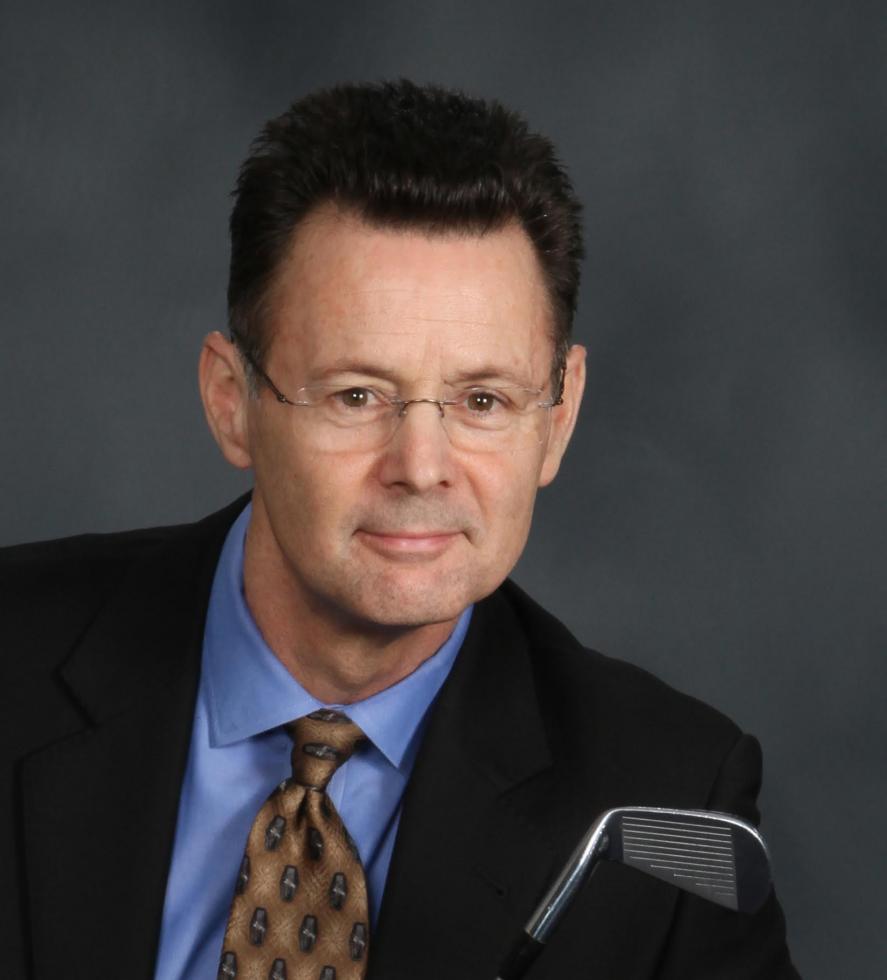Dr. Daniel Rockers, Sacramento-based psychologist, offers his insight into the psychology of work-related stress. For more from Rockers, check out “Get Focused” in our September issue. Sign up for our newsletter and we’ll email you when it’s available online.
What’s the biggest change in your area of focus in the past year?
The polemics surrounding last year’s election exposed and encouraged a gross lack of decorum in public discourse. We see the same celebration of rudeness in reality TV shows and internet trolling. While it may seem fun to rip people from an anonymous user ID, this does nothing to further one’s ability to deal with something we don’t agree with. How many of us really know how to listen to someone whose opinion is much different than our own? Instead, the call is often to make a bold statement or overt action in order to equalize a power differential — often simply an opinion difference. Of course this behavior emerges in the workplace, where it manifests as an inability to manage conflict. In my practice I see a lot of work stress cases, and they all stem from relationship conflict, miscommunication and misunderstanding. The answer to this problem in business isn’t, “Go to HR.” This just furthers the problem as individuals feel they are being sidelined and not heard. No, the answer lies in learning better applications of conflict management principles. Instead of thinking escalation, the psychological mindset should be resolution.
What do you foresee as the biggest change on the horizon in the year to come?
Technological changes such as automation may not seem like anything related to psychology, yet such changes are all reflected in psychology. For example, we are seeing how the rapid development of AI, technology and automation are resulting in a new paradigm of service delivery models. Think Amazon Prime, AirBnB or Uber, for example. These new service models are creating changes in workforce needs, and we are now realizing that tomorrow’s workforce will need to learn some completely different kinds of workplace skills. One of the most important is the ability to shift and adapt to changing work conditions. Here we have a fear mindset — which is quite limiting — taking precedence over a growth mindset. Instead of thinking about what is going to be lost and trying to hang on, we should be focusing on what can be gained.
Got something to add? Let us know in the comments, on social media, or email us at editorial@comstocksmag.com



